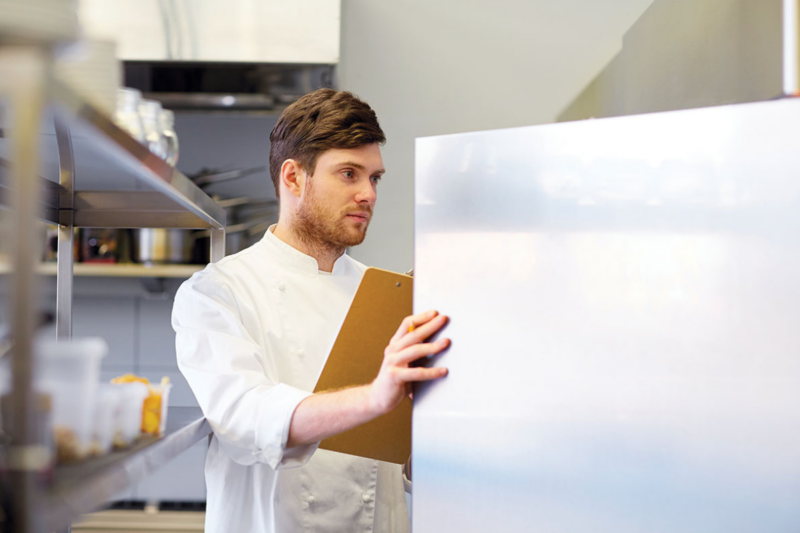Composters, manufacturers and restaurant executives have more work to do before compostable plastic products get wider use in the food industry, according to Jeff Clark, director of the National Restaurant Association’s Conserve Education Sustainability Program.
Clark, one of the speakers at a webinar organized by the Foodservice Packaging Institute, said four barriers need to be broken down to realize the benefits of composting as one of the ways to repurpose food waste: the location of composting facilities, and the cost, performance and labeling of products.
More than 350 compost facilities in North America accept food waste and about 25% take compostable plastic products. That number is too small to make composting a national solution, according to Clark and speakers from the Biodegradable Products Institute and U.S. Composting Council.
Clark said there’s little benefit for a business to spend more on compostable plastic products if they won’t end up in a place where they will break down into humus. “You need a composting facility nearby or you’re putting money down the drain,” he said. More than 270 communities offer residential or commercial organics diversion, he added, and the number will grow, especially as more cities set zero-waste goals to reduce the amount of waste created and increase reuse and recycling.
Biodegradable products are helping boost the initiatives, but currently they make up only about 5% of the waste stream, said David Brooks, BPI certification manager. The non-profit group has certified more than 3,300 compostable products from collection bags to utensils. The items carry the BPI logo after passing independent tests verifying they will disintegrate in the heat and moisture of a commercial compost facility.
The cost of compostable plastics is coming down, and it could pay off for a business to spend more on those items if it means saving on waste disposal.
Labeling is another problem, with product descriptions of “plant-based” or “degradable” or “decomposable” and even “compostable” giving consumers pause.
RELATED CONTENT
- Advertisement -
- Advertisement -
- Advertisement -
TRENDING NOW
- Advertisement -
- Advertisement -
- Advertisement -


